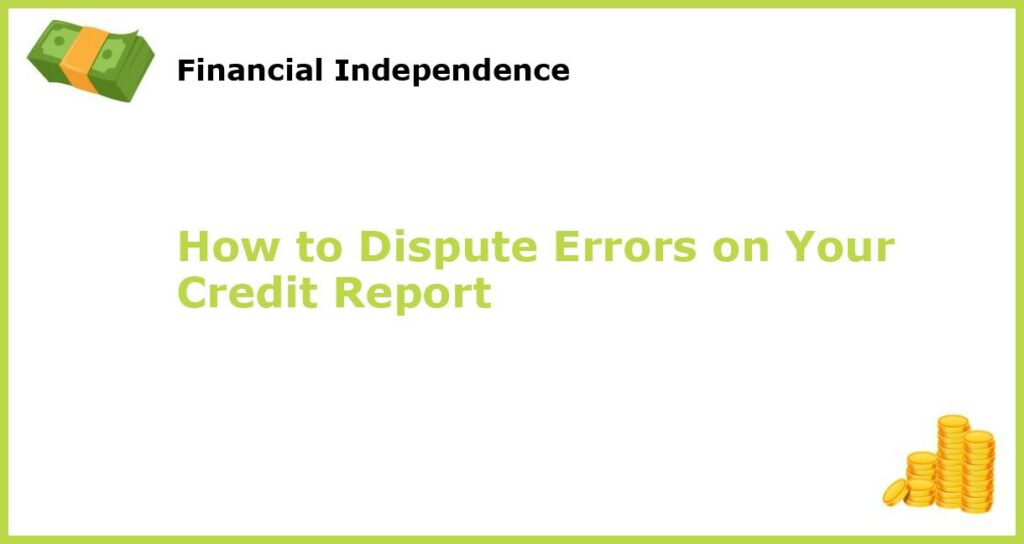Are you one of those people who have been denied loans or credit cards even though you have a steady income and pay your bills on time? Well, the culprit may be errors on your credit report. Yes, it may seem unbelievable, but credit report errors can and do happen. Inaccurate reporting from lenders, identity theft, or simple human error can damage your credit score, making it challenging to get loans, credit cards or even rent an apartment. But don’t worry, in this article, we will show you how to dispute errors on your credit report and prevent them from ruining your financial future.
Understanding the Importance of Your Credit Report

Your credit report is an essential document that banks, credit card issuers, mortgage lenders, and other lending institutions use to assess your creditworthiness. It comprises your financial and personal information, including your payment history, balances, credit limits, and details on open and closed accounts. A healthy credit report indicates that you are financially responsible and can gradually build and improve your credit score. A poor credit report, on the other hand, can harm your chances of getting loans or credit cards or lead to higher interest rates and penalties.
That’s why it’s crucial to ensure that your credit report is accurate and there are no errors that can harm your borrowing capacity.
How to Determine If There Are Errors on Your Credit Report

Reviewing your credit report regularly is the best way to detect errors before they cause significant harm. You can access your credit report from the three credit bureaus, including Equifax, Experian, and TransUnion, once a year at no cost. Additionally, any creditor or lender that checks your credit report must provide you with a free copy if you request it.
Once you have a copy of your credit report, review it thoroughly for any unusual information, accounts that you never opened, inaccurately reported balances, or incorrect personal information. It’s also advisable to check your credit score, so you know where you stand.
Bear in mind that erroneous credit report errors can happen any time, so it’s best to monitor your credit report and get it from the three credit bureaus to ensure that you’re aware of any inaccuracies.
How to Dispute Errors on Your Credit Report
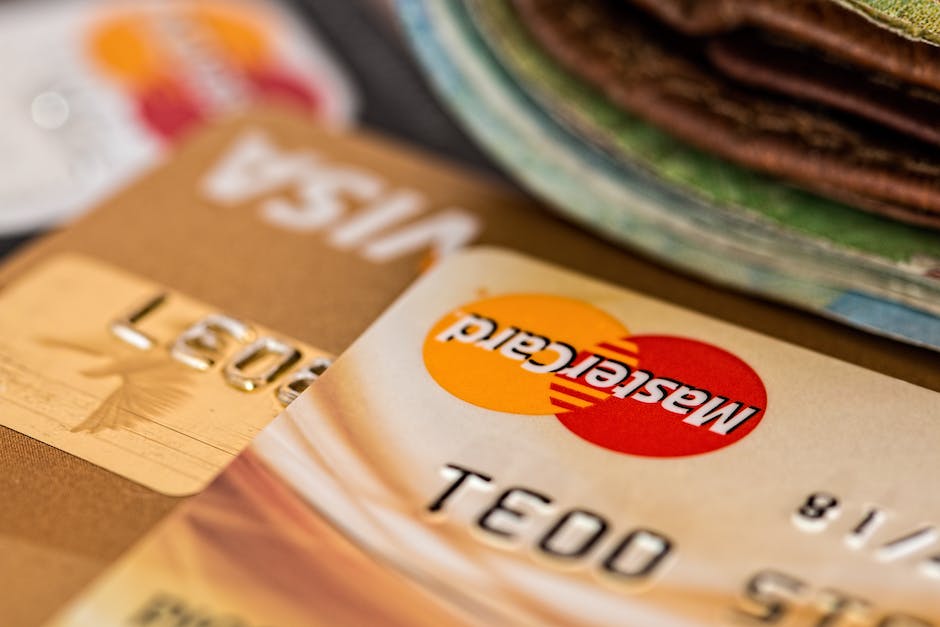
If you find errors on your credit report, don’t panic. You can dispute them and have them corrected. Find supporting documentation of errors such as payment receipts, cancelled checks, or any other correspondence with the creditor. Then, submit a dispute letter to the credit bureau, explaining the error and attaching supporting documentation. Legally, credit bureaus are obliged to investigate claims and rectify any inaccuracies within thirty days.
A dispute letter is a formal letter that you submit to the credit bureau that shows a mistake with supporting documents as evidence. The letter should explain the inaccuracy in detail and include your full name, address, date of birth, social security number, and the name of the creditor or lender you are disputing. Address the letter to the credit bureau and specify which segment of the report you’re disputing. When mailing in the letter, make a copy for your records, and send it through certified mail to have proof of receipt.
Avoiding Common Dispute Letter Mistakes
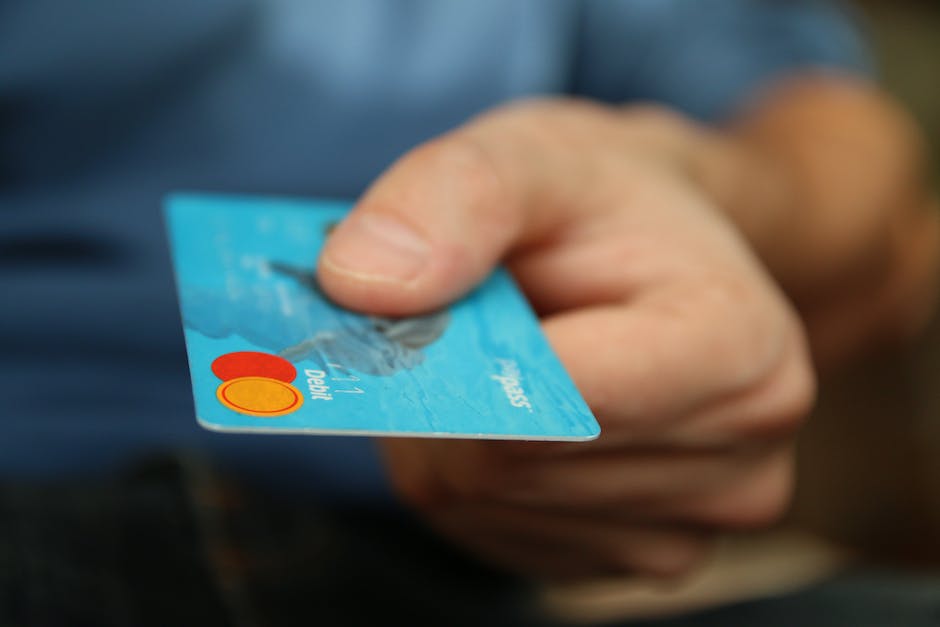
It’s essential to be thorough and accurate when disputing errors on your credit report. Ensure that all the information you’re disputing is correct because submitting erroneous claims could harm your credibility. Include backup evidence and highlight the relevant segments of your credit report. It’s crucial to check the spelling of the creditor, the account number, and the amounts in question.
Go over the dispute letter and ensure that it contains no mistakes. Most information on the credit report is sensitive; therefore, it’s advisable to keep a copy of your dispute letter and the credit report for future reference.
What to Do After Submitting the Dispute Letter
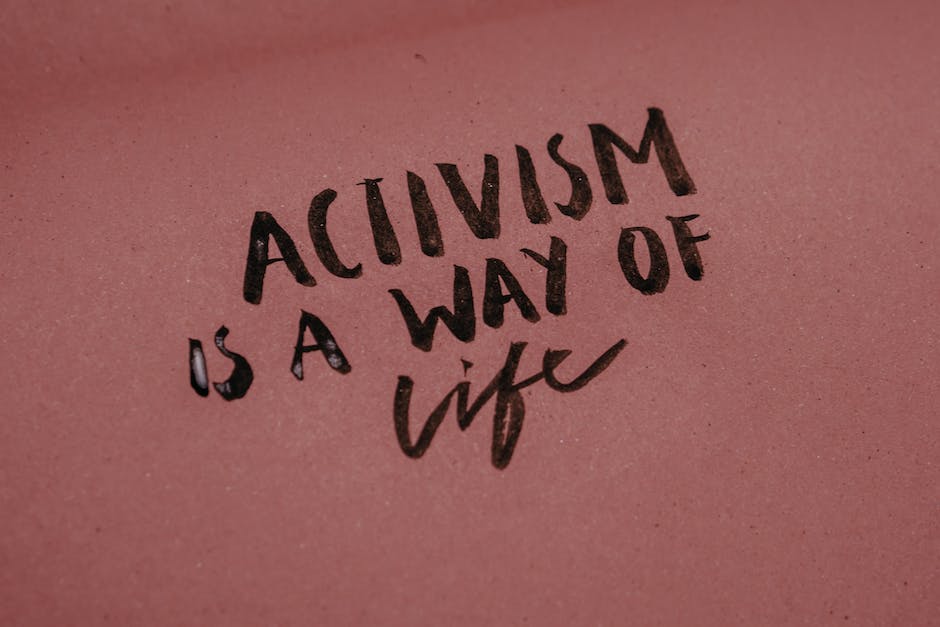
The credit bureau will investigate the dispute and inform you of the outcome within 30 days. If the issue is resolved in your favour, the bureau will send an updated credit report with the corrected information. The agency will also inform any other credit bureaus of the updated information. It’s advisable to check your updated credit report and ensure that the changes are implemented.
In case the credit bureau concludes that the information on your report is accurate, and you still disagree, you can appeal by requesting that your file gets reviewed by an independent third party.
Why It’s Important to Keep Copies of Your Credit Report and Dispute Letters
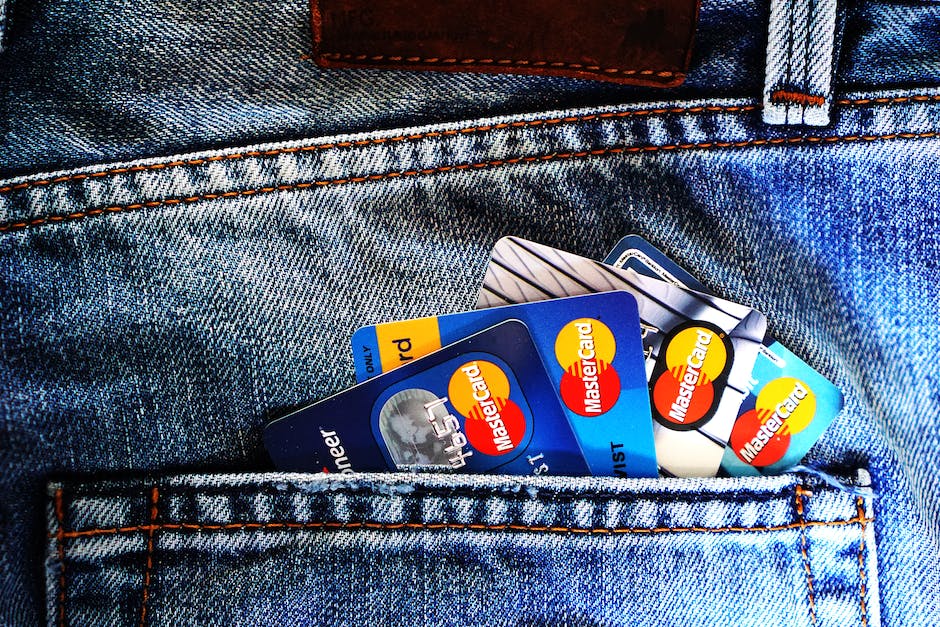
Should the same dispute arise with the same creditor again or another creditor, having a copy of your dispute letter, credit report, and supporting material will come in handy. These documents will help you prove that you have tried to rectify the error, and the issue is still ongoing. Furthermore, these documents are crucial in case of identity theft, where someone else uses your credit report to commit fraud. This way, you can quickly alert the relevant authorities and provide concrete evidence that helps them to act on your behalf.
Additional Tips for Keeping Your Credit Report Error-Free

Always monitor your credit report regularly and review it for errors or unusual activity. You can also sign up for automatic credit report alerts whenever any changes occur. That way, you can stay on top of your credit report with less hassle. Pay your bills on time to avoid having late-payment records that will negatively impact your credit score. When your credit score is high, lenders won’t doubt your repayment history, making it easier for you to take out loans and credit cards.
Be careful when applying for new lines of credit or loan accounts because multiple requests for your credit report can harm your score. Only apply for credit or loans when you’re sure you need them. In conclusion, always ensure that your personal information, such as your address, full name, and social security number, is correct and up-to-date. This way, you can avoid little but costly errors that could cost you your financial future.
Why Disputing Errors is Important for Your Borrowing Capacity

A clean credit report shows financial responsibility and increases your chances of getting favoura borrowing terms to individuals with a clean credit report. With an error-free credit report, you’re more likely to get approved for loans or credit cards, and you’re also likely to enjoy lower interest rates and better terms. It’s crucial to remember that your credit report reflects your borrowing and repayment history, so it’s essential to ensure that it’s accurate and error-free.

